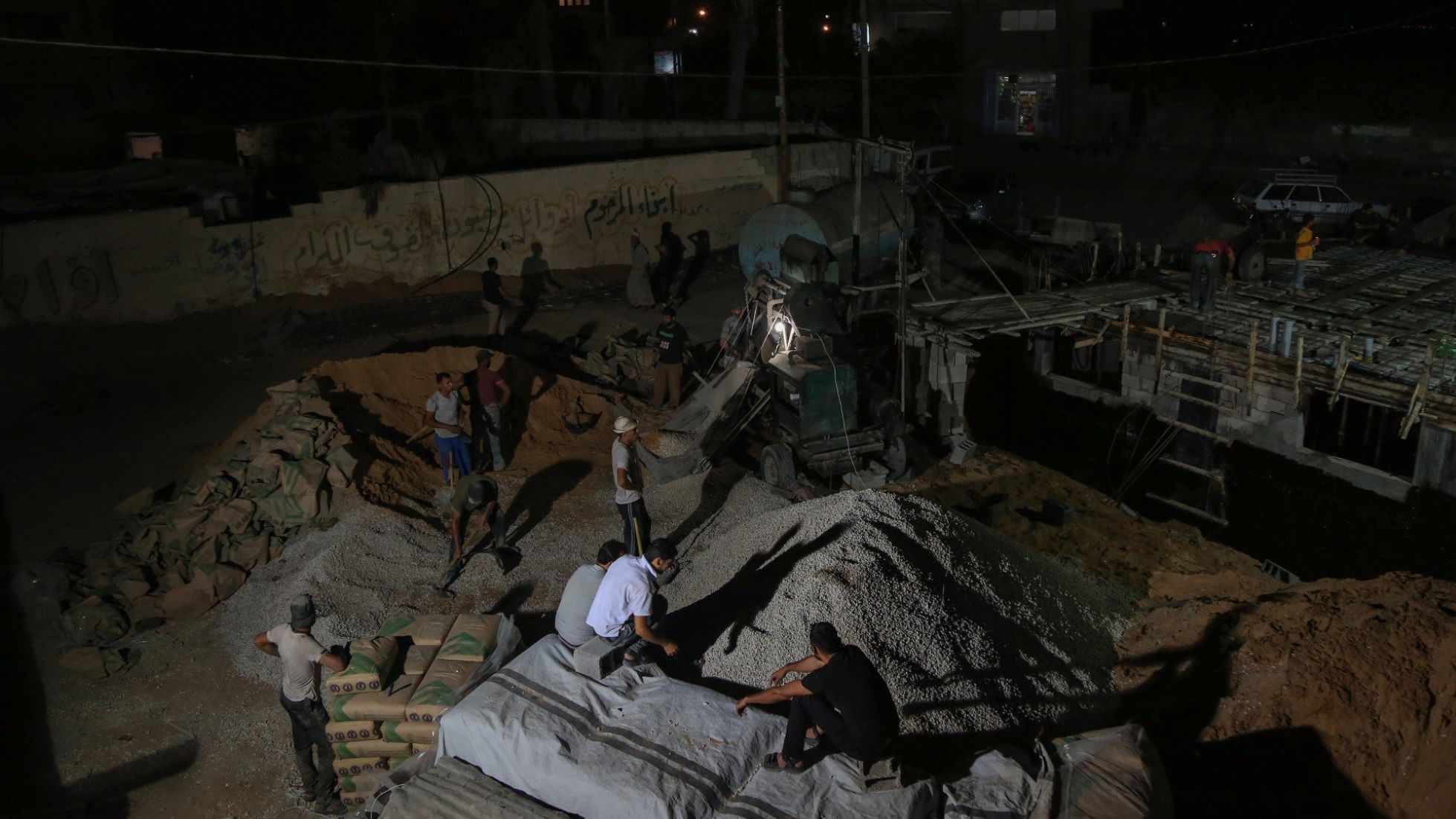GAZA, Jul 21 (NNN-XINHUA) – Amid scorching heat and electricity shortage, Yafa Abu Mouawad, a Palestinian woman living in the northern Gaza Strip, has no choice but to put her children in plastic containers full of water, to cool them off.
“Since the beginning of July, we have been suffering from long hours of power cuts,” the 34-year-old mother of five complained to Xinhua.
The coastal enclave, home to more than 2.3 million Palesitnians, needs about 500 megawatts of electricity per day, but Gaza’s electricity supply falls far short of that amount. According to local officials, the Strip receives 120 megawatts from Israel, while its sole power station only generates 60 megawatts.
Due to the power shortage, the Strip suffers a power cut every eight hours. The situation could get worse in summer and winter months, when the power cut would extend to 12 hours.
To make matters worse, the woman said, the electricity bills once waived were being charged again half year ago.
“Previously, I did not pay any fees as my family is poor. However, the situation has changed now. I pay at least 30 U.S. dollars a month for unavailable electricity,” the woman complained.
“In more than 15 years, the local authorities have received dozens of millions of dollars as funds from donors, but they could not solve this problem,” she said.
The Palestinian Authority, which pays for the electricity that goes to the Strip from Israel, blames Hamas for the crisis and holds the group responsible for collecting electricity revenues.
Jalal Ismail, head of the Energy Authority in Gaza, told Xinhua that, the “summer heatwave has worsened the current power crises and showed the deficit more.”
However, he said, “Its solution should be political … the 15-year crisis is based on the internal division between Hamas and Fatah, ruled by Palestinian President, Mahmoud Abbas.”
To express their anger over the electricity crisis, local activists launched an online campaign, demanding an urgent solution from the local authorities and the electricity company.
Under the hashtag “Fourth turbine,” the campaign has become widespread among residents, with tens of thousands complaining on social media platforms. Some Gazans shared photos and short videos of elderly people and children suffering in the sweltering heat waves.
“From time to time, we hear that the crisis will be over soon, but the reality on the ground proves to us that, there is not much hope in it,” said Reem Fares, a young woman from the southern Gaza Strip city of Khan Younis.– NNN-XINHUA






